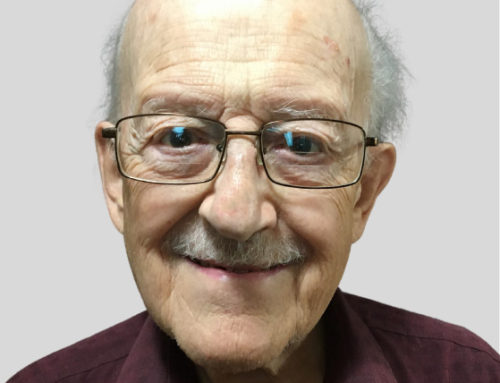While reading, I often stop to meditate, and not just on sacred texts like the Bible and the Catechism. I also meditate on secular texts like the Constitution and the Criminal Code.
Usually, the sacred uplift me. Too often, the secular depress me. I found especially depressing a Supreme Court of Canada text entitled Saskatchewan vs. Whatcott. The David and Goliath narrative of an entire province battling a single individual was depressing enough. The Court’s reflections on hatred and homosexuality were even more so. They left me wondering whether some homosexuals hate themselves.
Until I read the reflections, I had no difficulty distinguishing between what we do and who we are. If we hate something we did, it doesn’t mean that we hate ourselves. On the contrary, if we resolve not to do it again, it means that we love ourselves enough to avoid the hateful conduct, or so I thought.
But the Court’s notion of hate speech obscured the distinction that, to me, seemed so obvious. There is a strong connection, the judges held, between sexual orientation and sexual conduct. Where it is a crucial aspect of a vulnerable group’s identity, they stated, attacks on the conduct stand as a proxy for attacks on the group. The hatred is aimed at behaviour, they said, in an effort to mask the true target, the group that engages in it. Not only is the speech hateful, but the speaker is devious, or so the Court suggests.
Where, I wondered, does this put the many homosexuals who leave the gay lifestyle? As they often regret and even hate the conduct they abandoned, does it mean they also hate their gay friends who still engage in it? More to the point, do they hate themselves for having done so? Or do they love both their friends and themselves and show it by discouraging the activity they hate?
Whatever it means, they had better be careful what they publish, as the Court outlawed hate speech against conduct integral to the identity of vulnerable, protected groups.
In support of its position, the Court referred to judicial reflections from a narrative entitled Trinity Western University vs. the British Columbia College of Teachers. A judge presiding over that more evenly matched battle rejected the traditional Christian distinction between hating the sin and loving the sinner. Practices like homosexual activity, the judge said, cannot be separated from identity. Consequently, to condemn the practice is to condemn persons with homosexual or bisexual orientations.
But what about others, like pedophiles, whose practices also cannot be separated from their identity? Pedophilia, sexual attraction to children, may be more strongly connected to conduct than homosexual orientation is. Recent studies, in fact, indicate that, unlike homosexual orientation, pedophilic attraction may be innate and impossible to change. However, the research also indicates that the attraction does not have to result in actual child molestation. Pedophiles can and do control their attraction, especially if they have support.
The research, in other words, distinguishes between the activity, for which we put pedophiles in jail, and the attraction, which we hope to treat so they don’t act on it. This, it seems to me, is a scientific expression of the traditional Christian counsel that we hate the sin but love the sinner.
Where activity and identity can’t be separated, however, the Supreme Court dismisses the traditional counsel. If you hate the conduct, the judges say, you hate the person.
When they sentence convicted pedophiles, judges clearly hate the crime. But, according to the Supreme Court, they also hate the criminal. My kind of judge would hate the crime, for sure, but love the criminal enough to hope for rehabilitation.
The traditional counsel not only accords with science, but also with common sense. Ask parents who have had to punish aggressive misconduct in their children, but still love them.
If any inclinations are inseparable from identity, they would include aggressiveness. We are aggressive by nature, but whether aggressive activities are hate worthy or lovable depends on what we do. Maybe Supreme Court judges don’t have children.
By obscuring the distinction between what we do and who we are, the judicial magisterium didn’t just make me wonder whether some homosexuals hate themselves. It also made me wonder about me. Although I’m loath to admit it, I have engaged in aggressive misconduct, which I duly hate. Does this mean I also hate myself?



